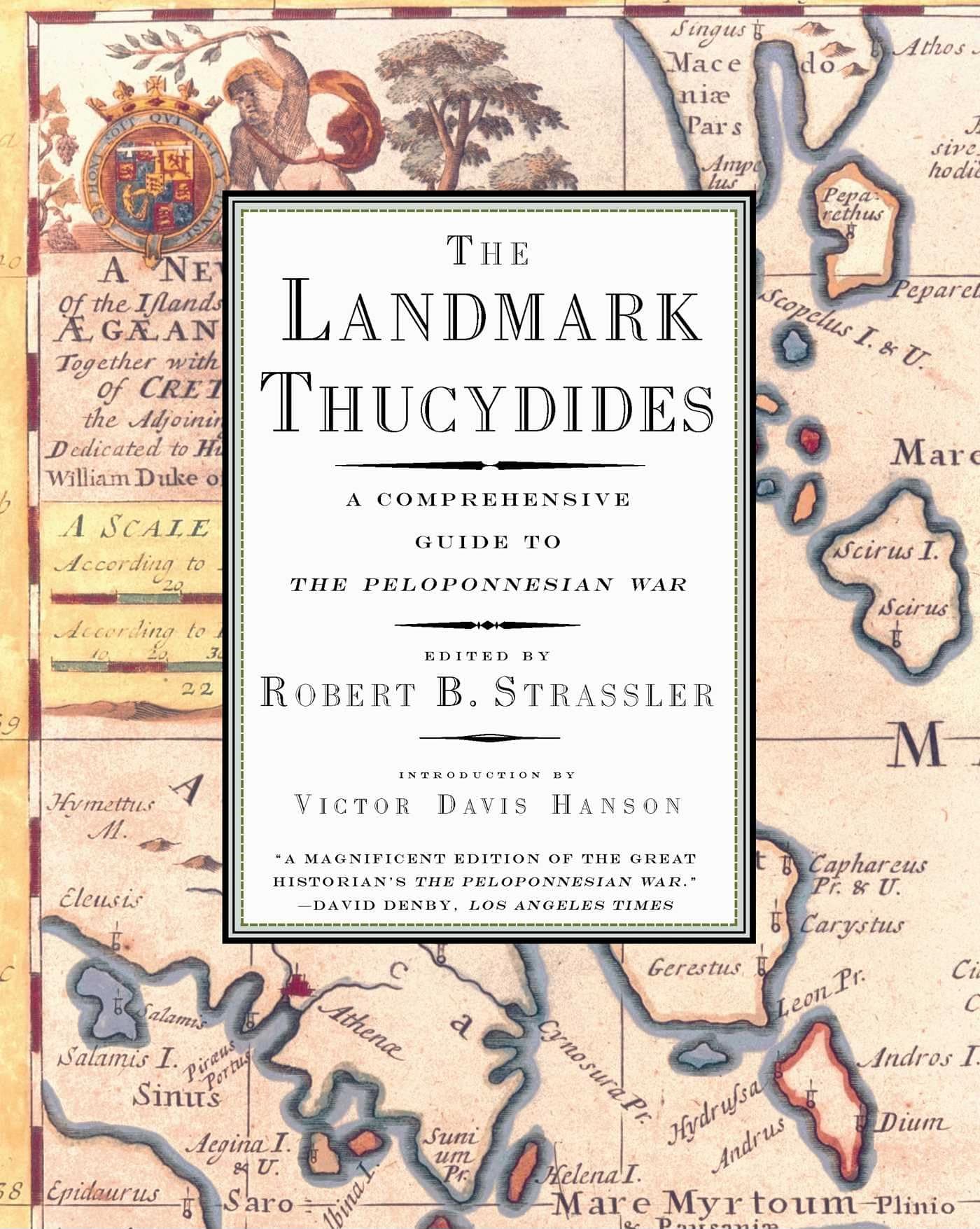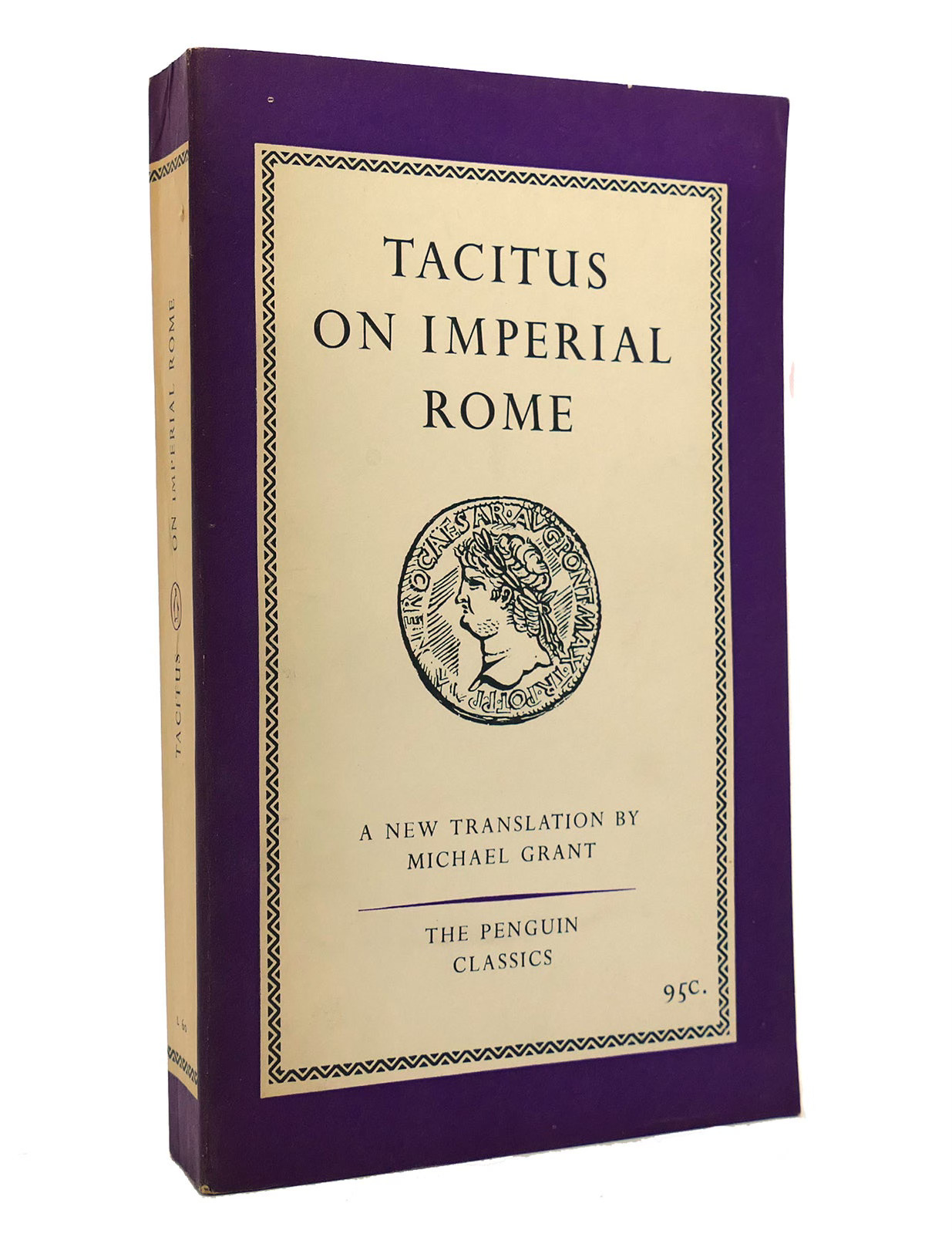The late John Warwick Montgomery once said that each historical era levels a distinct attack on God’s Word. We will not walk through the progression of these attacks, but one assault keeps coming up over and over again: the accuracy of God’s words. Satan brought doubt upon the words of God, and throughout the OT the Israelites consistently opposed God’s revelation through their disobedience. Both of these examples, active or passive hostility towards the very words of Scripture, allow individuals to interpret and apply the Bible to their own advantage.
The Pentateuch, or the Law, provided the Israelites with their identity, their purpose, and their future. This is why the prophets referenced and alluded to the Law constantly. Israel needed to realign themselves with God’s revelation if they were to fulfill the three-fold elements listed above.
Today, we face the same dilemma: the words of Scripture are under question. There are those who claim the Gospels and Acts are not as historical or precise in their records as the Bible indicates. Those of us who identify as Apostolic, followers of the doctrines and practices of the Apostles, need to pay attention, for some of the ideas mentioned above have made their way into our literature. I do not seek to damage individuals, but I do seek to combat ideas, and if we lose the words of Scripture we lose our identity, our mission, and our future. If we are truly Apostolic, then we must be Apostolic in all doctrines, not just the Godhead.
What did Jesus and the Apostles believe about God’s Word?
One of my favorite observations: Jesus taught that all of His words would be everlasting (Mat. 24:35), every word of God brings life (Mat. 4:4), and every letter and every part of those letters shall not be lost (Mat. 5:18). Therefore, every word, every letter, and every part of those letters are valuable and shall be preserved.
Jesus confirmed three OT events that critics love to deny: Adam was the first man, Noah’s Flood occurred, and Jonah was literally in a fish’s belly.
Paul based a theological argument on the absence of a letter (Gal. 3:16)
Paul wrote that all Scripture was given by God (2 Tim. 3:16)
Peter wrote that Scripture came, not by human will or imagination, but by the inspiration of the Holy Ghost.
John described a curse that will come upon those who add or remove from the words of the prophecy (Rev. 22:18-19).
The evidence shows that Jesus and the Apostles did not consider the Bible to be conceptually Scripture or merely theologically God’s Word, but every word, letter, and recorded event to be inspired. To be Apostolic, one must adhere to these beliefs without reservation.
What is the issue then?
There are those who argue that the Gospels and Acts were written using the same standards of historical writing common to that era. At first glance, this is not a problem, I show how the Gospels look like other ancient history books here. However, the claim is followed by a quote from Thucydides (pronounced: two-sid-id-eez) …
[1.22] With reference to the speeches in this history, some were delivered before the war began, others while it was going on; some I heard myself, others I got from various quarters; it was in all cases difficult to carry them word for word in one's memory, so my habit has been to make the speakers say what was in my opinion demanded of them by the various occasions, of course adhering as closely as possible to the general sense of what they really said.
Thucydides lived 400 years before the NT, and is widely regarded as the finest historian in antiquity. Critics reference this quote from his book on the Peloponnesian War, where Thucydides states that he tried to be accurate when recording speeches, but sometimes he concocted the speeches himself. In other words, a general giving a speech may simply be Thucydides putting his own words into the general’s mouth based on what Thucydides thought was said at the time.
Some skeptics jump upon Thucydides’s statement and apply it to Luke and the other Gospel authors. It is claimed that Luke crafted the speeches (I will call them sermons from now on because that is what they are) in his books to promote his theological agenda. In other words, ‘then Peter said unto them…’ was not really Peter, it was Luke taking a sermon he did not know the contents of, and filling in the gaps with his own ideas. Another assertion is that Luke summarized the sermons, meaning the sermons were not word for word, and were crafted based on what Luke wanted to highlight. Again, Thucydides is quoted to add support to these arguments. Therefore, Peter did not exactly ‘say unto them,’ which makes Luke sound dishonest or at least a propaganda writer.
I humbly contend that this is a one-sided view of ancient reporting and a neglect of Scriptural evidence.
Let’s take the historical angle first and next week we will cover Scriptural testimony. Critics argue that ancient historians were not concerned with accurate reports, sources/evidence, or careful analysis. Reporting truth, tradition, and mythology were all blended together, and crafted so the readers would be entertained by the story.
These ideas are on the liberal end of the spectrum, but they would bolster the argument that Luke’s reporting in Acts may not be as precise as it appears. How do these negative statements stack up against the top historians of antiquity?
Authors of antiquity
Herodotus, c. 450 BC: he is considered the ‘Father of History’ because he coined the word, history, which means to inquire or investigate. Herodotus has been criticized for some of his faulty sources, but it must be acknowledged that he valued eyewitness accounts and accurate information. Maybe he could have investigated more, but one should not hold Herodotus to an impossible standard that modern scholars can also fail to achieve. Overall, Herodotus showed concern for sources, as well as critical analysis of those sources.
Thucydides, c. 400 BC: Mentioned above, he is the peak of ancient historians. Thucydides may appear to be loose with his facts if the previously referenced quotation is viewed in isolation. However, scholars note his immense labor to accurately record his history. Thucydides did not blatantly compose the events but relied on eyewitness accounts and official documents, and recorded information after careful analysis of his sources. He was cautious with seemingly exaggerated or absent information, and he did not feel free to invent speeches when he had reliable accounts of what had been said (A.W. Mosley).
Because Thucydides is considered the best, it makes sense why critics would cite him in order to damage Luke’s historiography, for ‘if this is what Thucydides did, then surely Luke did the same thing.’ However, classical scholars note the methods of Thucydides to be highly careful and accurate. Thus, to use a single isolated and ambiguous quote to cast doubt upon all ancient reporting, including Luke’s sermons, is unjustifiable.
Polybius, c. 150 BC: Polybius lived closer to the NT era in comparison to Thucydides. He also seemed to be more strict on historical standards of accuracy, and even condemned other historians for their speech fabrications and unfaithful accounts. Polybius taught that “a historian should not, like a tragic poet, try to imagine the probable utterances of his characters… but simply record what really happened and what really was said, however commonplace” (Mosley). In other words, historians were not playwrights who crafted their story for emotional entertainment. Historians use truthful reporting, of both events and speeches, to instruct and convince his readers. Polybius states, “For just as a living creature which has lost its eye-sight is wholly incapacitated, so if History is stripped of her truth all that is left is but an idle tale.”
A.W. Mosley comments that 37 of Polubius’s speeches have survived. He used written records, some of which were verbatim accounts, as sources for his speeches. Mosley argues that Polybius was “keener than Thucydides” in regard to historical speeches, “that an accurate account should be given.” Therefore, I wonder, why use Thucydides’s quote to damage Luke’s historicity but not reference Polybius at all? This is puzzling, especially since Polybius lived closer to the NT era in comparison to Thucydides.
Tacitus, c. AD 115: lived the closest to the NT era and is generally considered a great historian, probably Rome’s finest. He met some eyewitnesses to the events he recorded, referenced letters and memoirs, and relied on official documents as well. Although he shows bias and inconsistency at times, he is overall concerned with research, documentation, and verified reports. He even commented that he had access to Seneca’s verbatim farewell address, which Seneca had dictated before his death.
Although this was a lengthy section, it was necessary to observe the practices of ancient historians. Others could be mentioned (Xenophon, Cæsar, Josephus, etc), but suffice it to say that there was a range of practices regarding ancient reporting. Some authors were more concerned with factual data than others, some wrote with clear bias, but others were careful and accurate.
We have evidence of verbatim speeches, and Thucydides himself did not merely say he made everything up but attempted to be as careful as possible when he could. Therefore, it is weak argumentation to highlight Thucydides’s supposed concocted speeches while ignoring all other ancient historians. If there is evidence of verbatim records of speeches in Polybius and Tacitus, then why cannot Luke have verbatim sermons in Acts?
Historians make mistakes and have faults, but this is true in any profession. The issue is, because some ancient historians were accurate and some were not, and all had some inconsistencies, does that require us to view Luke in a negative light? I would claim that Luke was on the careful side of historians, and with the inspiration of the Holy Ghost he should be propelled to the strongest side of the historians.
Or should we keep Luke limited to a middle position because of one quote from Thucydides? If we lose the words of Scripture then we lose the events, and finally, revelation itself. As Apostolics, we should hold the Apostles and their testimony in the highest regard. If we do not then everything we stand upon will crumble. Next week: part 2 and the testimony of Scripture.







